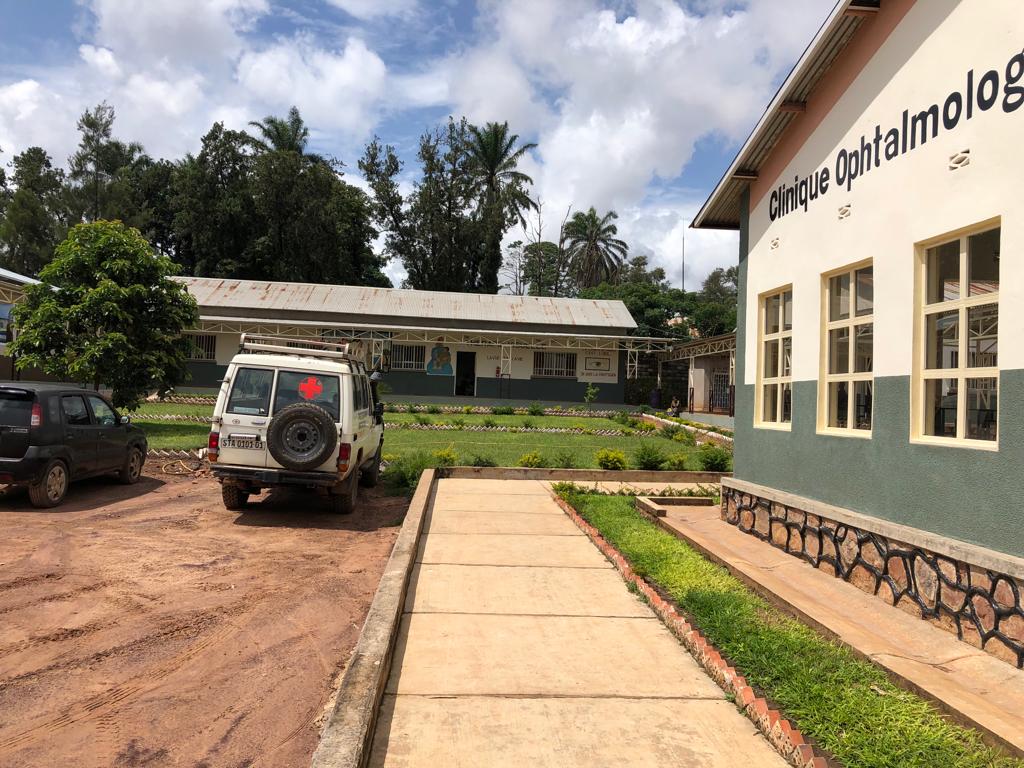Funders
Belgian Cooperation/ Light for the World
Location
Democratic Republic of Congo, Rwanda, Tanzania
Dates
2021-2022

Light for the World (LFTW) is a Belgian NGO which fights against preventable blindness and for the inclusion of people with visual impairments in Africa. They had reached the end of the Future in Sight 2017 – 2021 programme, where they had worked with local partners to ensure the best possible service to blind and visually impaired people in DRC, Rwanda and Tanzania. The specific objectives were:
• DRC: Integrate eye health into eight health zones in southern DRC by training health service personnel and promoting access by the population to comprehensive eye and vision care.
• Rwanda: Improving access to quality eye care in the Province of southern Rwanda and improving education for blind children in Rwanda.
• Tanzania: improving access to qualitative eye care services for more children with vision problems, in order for the children with a visual impairment to be enrolled in education.
Tropical Health was commissioned to carry out an end evaluation focusing on providing LFTW with lessons learned and recommendations for the Future in Sight 2022- 2026 programme.
Tropical Health’s team used a combination of quantitative and qualitative methods to conduct the evaluation. National consultants supported by a Team Leader carried out key informant interviews with a range of stakeholders to gather views on their implementation experience, the value of different programme components and the impact of these on eye care and/or inclusive education. The evaluation also utilised a comprehensive review of programme documents, and quantitative data. Finally, the evaluation was conducted against different criteria, but with a focus on the effectiveness of the programme.
The final deliverables included: a detailed evaluation report, a poster for each of the three focus countries with a summary of results by domain, key findings and conclusions, and a poster synthesising the results, key findings and conclusions in all countries.
In all three countries, the programme was seen by the various stakeholders interviewed, as highly relevant and having had a significant impact, particularly as the targets combined direct services to patients and children for some programme components, while addressing the longer-term task of strengthening eye health systems – and education in Tanzania and Rwanda.
In terms of effectiveness, the programmes have met (or in some cases exceeded) almost all their targets, despite a difficult context in 2020 and 2021 due to the COVID-19 pandemic. Generally, the programme has had a direct impact on the accessibility of eye care for vulnerable people, with all partners acknowledging that without the support obtained, the social service of each hospital/clinic would not have been able to offer the same coverage to the poorest patients. Investments in training had an appreciable impact on staff capacity and skills, although there is still a significant need to develop and consolidate expertise in some settings.
Our evaluation report included lessons learned and recommendations specific to each country. The full report, synthesis poster and management response can be viewed here
Global Fund / Nigeria National Malaria Elimination Programme
Nigeria
2023 - 2024
Belgian Cooperation/ Light for the World
Democratic Republic of Congo, Rwanda, Tanzania
2021-2022
UK Aid and People’s Postcode Lottery / Sightsavers
Malawi, Uganda
2023 - 2024